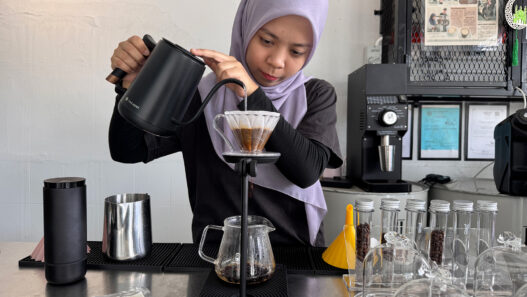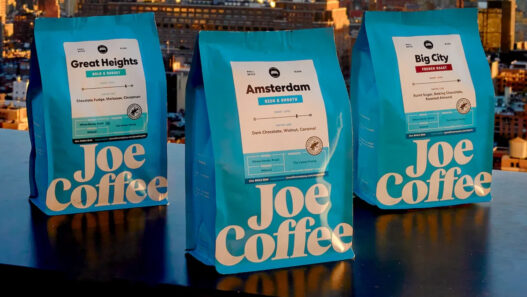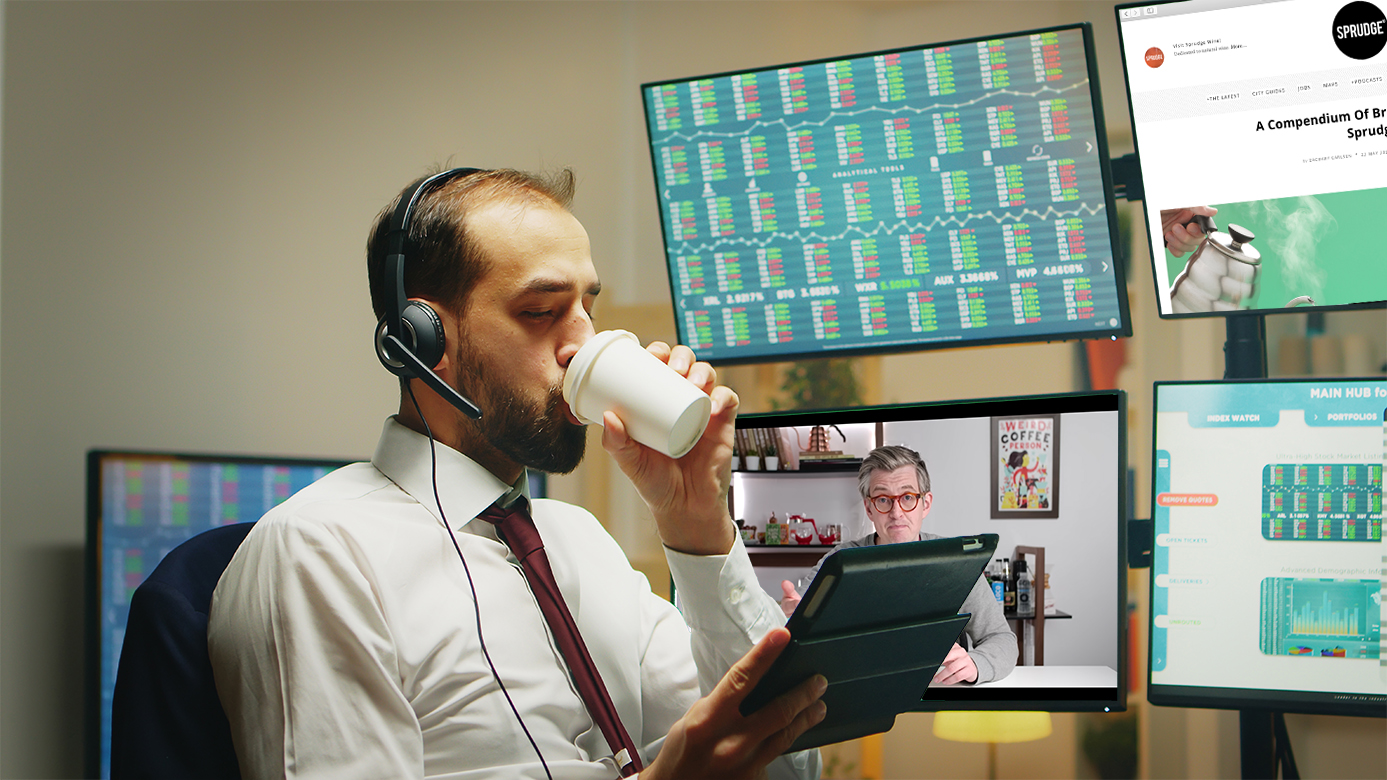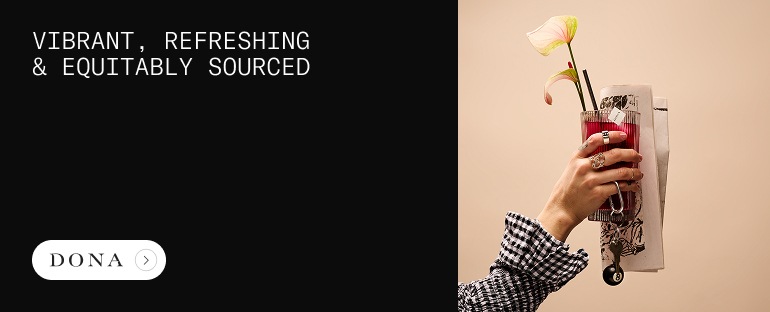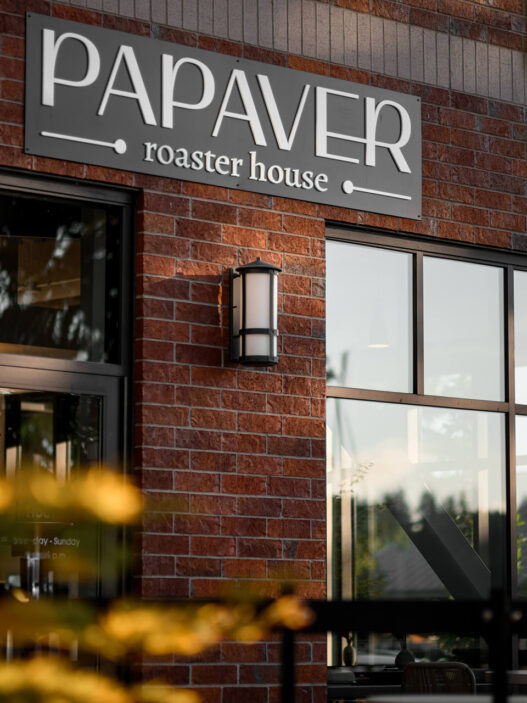
Welcome to the Sprudge Podcast Network. Read more about all of our new shows here!
Podcasts! It’s podcast time, and we’ve got a couple of incredible shows to drop for you this week. Up first: In the second episode of A Better Table, host Umeko Motoyoshi interviews Kim Elena Ionescu, the Chief Sustainability and Knowledge Development Officer at Specialty Coffee Association.
On the episode, Ionescu and Motoyoshi dive deep into an issue impacting coffee farmers all over the world: labor shortages. This is a complex, multi-faceted topic and it makes for an absolutely compelling listen. Even if you’ve never encountered these issues before, settle in with the show and you will come away asking questions and pondering the bigger picture.
What do we mean when we’re talking about coffee farm workers and farm labor? So, unlike a lot of agricultural production that you think about at a global scale, coffee is still largely on small farms, especially farms outside of Brazil, the largest producing country by volume of all the producing countries in the world. And on most of these farms, many of which are very small, coffee harvesting is done by hand. And that’s the majority of the labor that happens on a coffee farm. It’s seasonal. So you’ve got two months or so give or take on a coffee farm, where the fruit inside which there are these two little coffee seeds, where the fruit is ripe and being harvested. And fruit doesn’t all ripen at once so you need to send squadrons of coffee pickers out into the fields and fields of coffee plants. The plant is about six feet tall, again, give or take depending on all sorts of different factors, species and pruning.
But to go out into the coffee fields and selectively harvest the ripe coffee fruit from the coffee tree and then take that to some sort of centralized location whether on the farm or somewhere else, where it’s processed. The skin and various layers under the skin are removed before you get to that seed that’s ultimately, in most cases exported from whatever the producing country or country of origin is to wherever it’s ultimately going to be roasted and consumed. And so that two month period where coffee is ripe on the tree, it’s a like a bonanza of work and in a given region, and in most cases on a country level the harvest is happening around the same time. So you have this massive need for labor for a very defined and relatively short period of time, and then after the harvest is over, most of that work just disappears. — Kim Elena Ionescu
A Better Table on the Sprudge Podcast Network is hosted by Sprudgie Award-winning journalist, author, and community organizer Umeko Motoyoshi. This show is a journalistic deep dive into the topics that matter in today’s coffee world, from disability access to coffee producer rights at origin to labor organizing in the modern coffee workforce, and much, much more. Motoyoshi’s fearless journalism isn’t afraid to ask big questions: who is coffee for, what ways can we challenge existing systems, and how do we come together to create a better table for all.
Listen to the entire episode right here on Sprudge:
Full transcript available here.
This episode is available now via direct download and will be available across all podcast platforms in the coming week. Check out all of the Sprudge Podcast Networks show here.
Season One of A Better Table is sponsored by Baratza, Oatly, and Urnex Brands.




